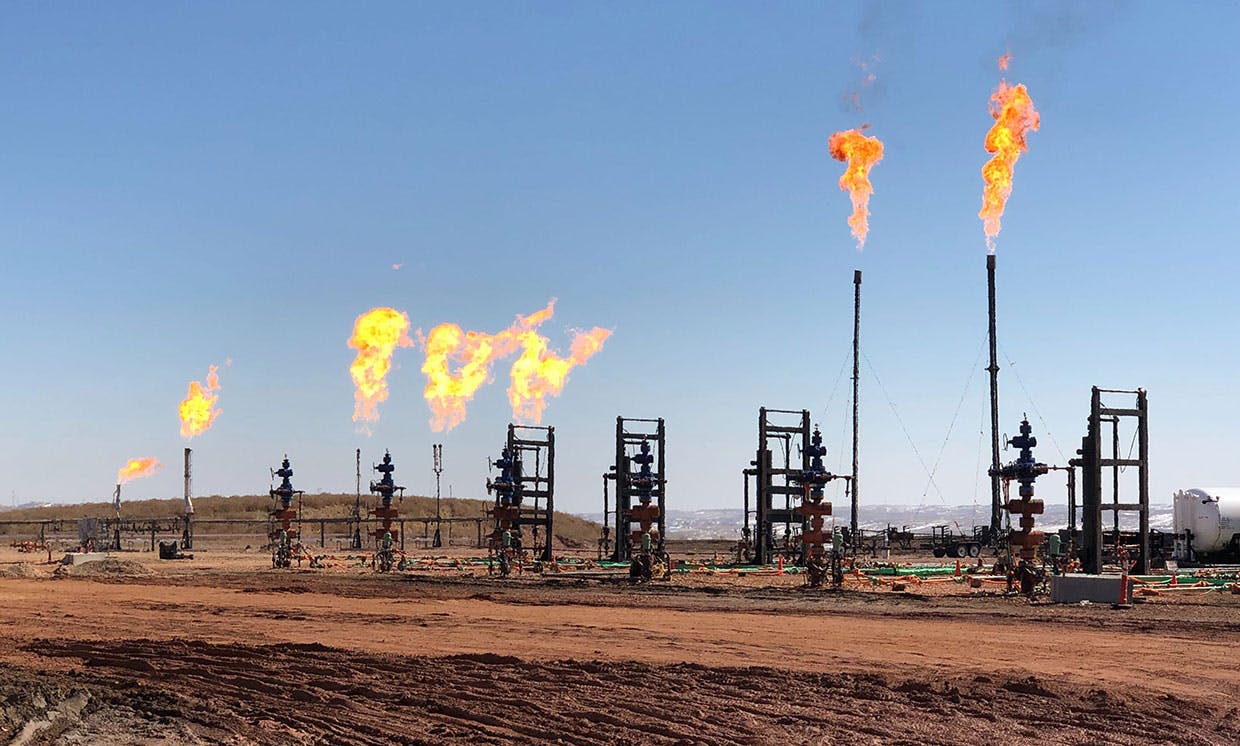What does unproven gas reserve really mean?
NEWS
|Jan 1, 1970


Recently it was announced that Nigeria’s gas reserves increased to about 206 trillion cubic feet and 600 trillion cubic feet, proven and unproven respectively. In this short article, we will examine what these mean and what their effects are on the country.
Unproven reserves are natural occurring gas reserves that are assumed, have not been confirmed, and are not readily accessible. Due to regulatory or economic factors, unproven reserves are described as less recoverable because perhaps the necessary technology does not exist or it might be economically expensive to recover.
Unproven reserves can be further classified into two – probable reserves and possible reserves. It is determined by estimating future economic conditions and technological development. Probable reserves are those unproven reserves of which an analysis of geological and engineering data suggests have a confidence level of approximately >50% chance of being successfully recovered. While possible reserves are those with a 10-50% chance of successful recovery. The effect of possible future improvements in economic conditions and technological developments can be expressed by allocating appropriate quantities of reserves to the probable and possible classifications.
As the Nigerian gas industry expands, more natural gas reserves are being discovered and extracted. This depletes our proven gas reserve; however, it can be done productively by processing into the three gas types (LNG, CNG, LPG) rather than being flared into the atmosphere.
In our next article, we will talk about the future of Nigeria as an oil nation or a gas nation.